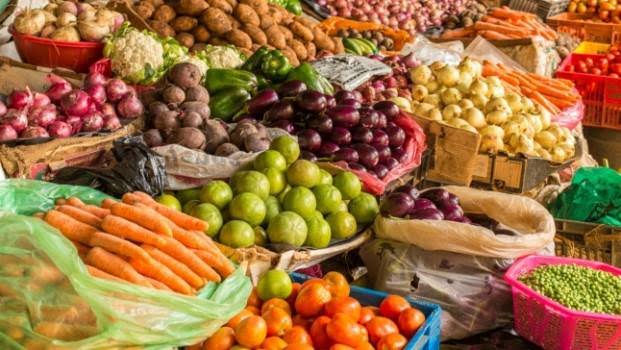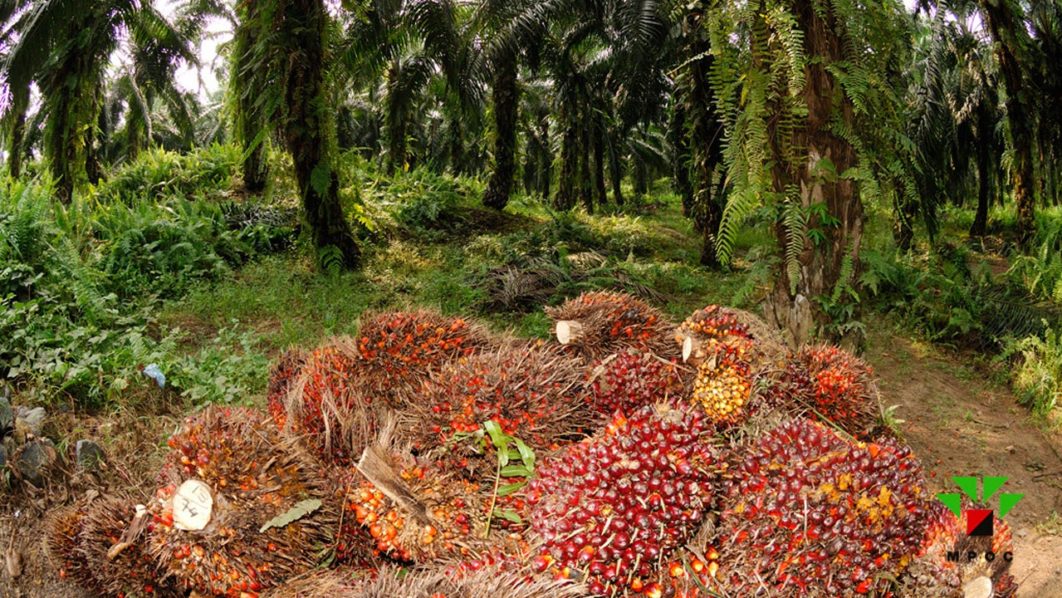By Dare Akogun
Experts have identified poor agricultural practices, which reduce factory output and hurt revenue targets as the major factor affecting the success of Nigeria’s agro-allied industries.
This was the position at a one day Agri-bussines & Food summit in Ilorin the Kwara of the bad agricultural practices hurting manufacturing companies is poor handling of farm produce and post-harvest losses.
The vice president, corporate and government relations for Olam International, Ade Adefeko in his remarks suggested that manufacturers can decide to have efficient storage facilities like cold rooms to reduce wastage occasioned by poor storage.

Adefeko said Nigeria was producing 300,000 metric tonnes of cotton 20 years ago, but struggled to meet up with 20,000 at the moment.
“I am not sure we have strategic grains reserve. I always hear of silos, but it’s important we hand it over to private sector players who are established,” he said, referring to the full privatisation and hand-over of 33 silos by the Federal Government.
Oluwaseyi Ashade, executive director of British American Tobacco Nigeria (BAT) Foundation, said processing is one of the ways of reducing post-harvest losses and increasing the value in the value chain.

Ashade cited the case of cassava, which could be processed into garri and also industrial starch, which can serve industries.
According to Ruerd Ruben, research coordinator, Food and Security Agricultural Economics at Institute Wageningen University, the Netherlands,Nigeria should improve agricultural practices and reduce food wastes by adopting technology and changing the behaviour of farmers.
Ruben said it was critical to take farmer awareness seriously, stressing the need to reduce margins of before-dates when possible.
For the head of Agricultural Services, Nestlé Central and West Africa Region Fatih Ermis, he said “In 2008, 50 percent of maize we purchased from Northern Nigeria was contaminated. This is waste.
“We need to adopt good agricultural practices. If the farmers produce high quality raw materials, post-harvest losses will drop,” Ermis said.
Agro-allied industries are firms that use farm produce as raw materials. The food, beverage & beverage sub-sector constitutes over 45 percent of the manufacturing sector.
These firms use cassava, starch, maize, barley, tomato, and fruits, among other farm output, as raw materials.
Fifty to 60 percent of farm output is lost after harvest owing to lack of efficient transport system, as well as poor storage and processing facilities.
Many agro-allied industries resort to importation of many inputs owing to low output of farmers, resulting from poor use of herbicides and pesticides, among others.





